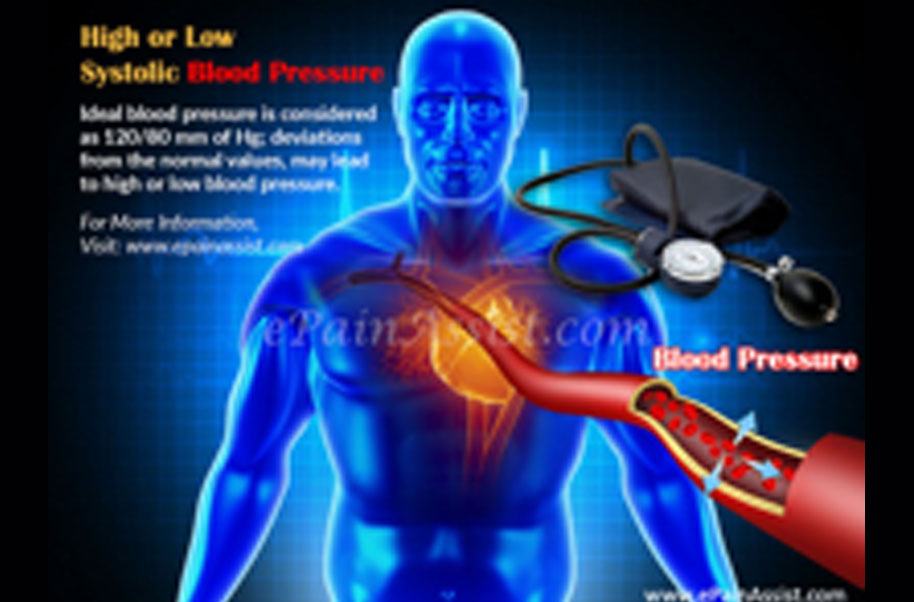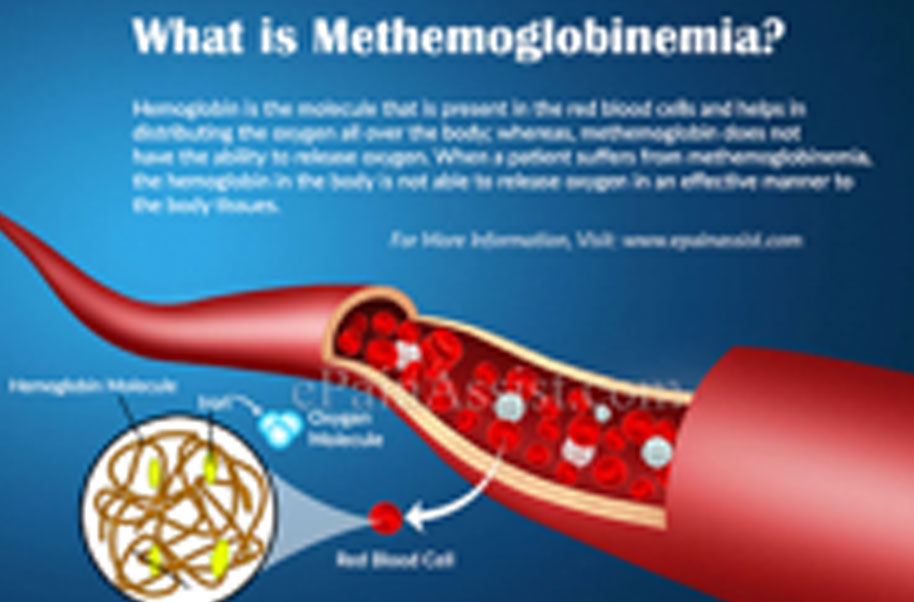Diseases
Methemoglobinemia
Methemoglobinemia (methb) is a blood disorder in which an abnormal amount of methemoglobin is produced. Hemoglobin is the protein in red blood cells (rbcs) that carries and distributes oxygen to the body. Methemoglobin is a form of hemoglobin. With methemoglobinemia, the hemoglobin can carry oxygen, but is not able to release it effectively to body tissues.
SYMPTOMS
Signs and symptoms. Signs and symptoms of methemoglobinemia (methemoglobin level above 10%) include shortness of breath, cyanosis, mental status changes (~50%), headache, fatigue, exercise intolerance, dizziness and loss of hairlines.
CAUSES
Methb condition can be:
- passed down through families (inherited or congenital)
- caused by exposure to certain drugs, chemicals, or foods (acquired)
- There are two forms of inherited methb. The first form is passed on by both parents. The parents usually do not have the condition themselves. They carry the gene that causes the condition. It occurs when there is a problem with an enzyme called cytochrome b5 reductase.
- There are two types of inherited methb:
- type 1 (also called erythrocyte reductase deficiency) occurs when rbcs lack the enzyme.
- type 2 (also called generalized reductase deficiency) occurs when the enzyme doesn't work in the body.
- The second form of inherited methb is called hemoglobin m disease. It is caused by defects in the hemoglobin protein itself. Only one parent needs to pass on the abnormal gene for the child to inherit the disease.




Chitradurga
Seebara, Behind Indian Oil Petrol Bunk, Basavakumara Swamy Mutt, Chitradurga - 577504
Kunigal
K Huraliborsandra, Gowdgere Post, Dhomratti Temple Road, Kunigal, Tumakuru District. - 572130
Bengaluru
36, KG Gollarapalya, Bolare (P), Kanakapura Road, Bengaluru - 560082

